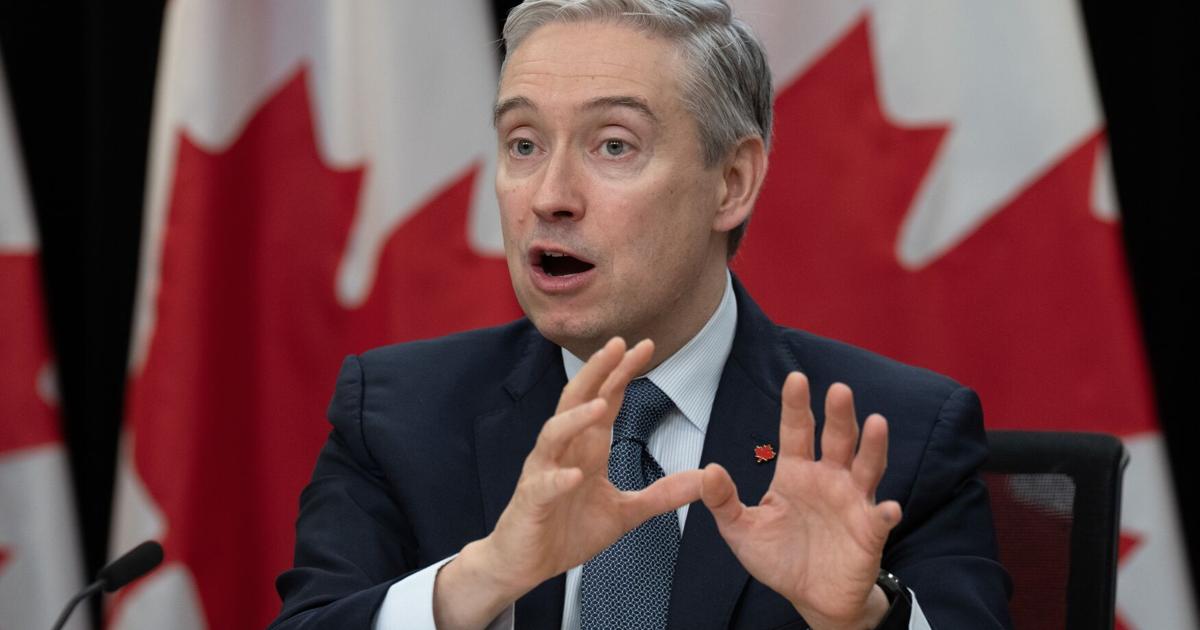One more piece, this one from the Globe looks at Canada's lagging productivity.
Why does Canada lag in productivity and economic growth? Because some of the identified solutions are politically difficult.

www.theglobeandmail.com
The piece cites some of the following:
- Too little competition domestically.
This, it is suggested, relates to government policy that coddles weak companies, limits on foreign competition, protection for incumbents in business, among other things.
Also noted is a lack of entrepreneurship skill; though its conceded, this would be an education and generational change project.
- Specifically cited are the cost of flying/absence of foreign carriers, the cost of cellular/internet and absence of foreign competition, and the supply management system in agriculture.
* Note that I essentially agree with these, but what is omitted from discussion is important. For instance, the U.S. subsidizes its dairy industry enormously, and actually has what amounts of a Federal Cheese Reserve.
That doesn't mean we should accept the status quo, but we we do need to think on the trade-offs/costs of change. Equally, the largest factor in flight costs between major Canadian cities is actually airport fees, which result from
exorbitant rents the Federal government charges airport corps. The government could fix this with the stroke of a pen, but it would cut hundred of millions, (419M in 2019) from the Federal bottom line.
The pass-through fee at Pearson adds $35 to each departing ticket.
This is material on cheaper, big city pair flights.
Where we're really over prices is lower traffic, single major carrier mid-sized markets; but I don't see vast numbers of carriers wanting to serve Thunder Bay.
- The need to cut subsidies to small and medium businesses and also remove growth penalties is identified.
- As is the perpetual need to remove inter provincial trade barriers. One very small thing I think we ought to be able to pull off is agreeing to a common Canadian work week of 40 hours.
Lets take a look at this small inconvenience to business, where a slight increase in generosity to workers would be real simplification of national payroll.
Also varying are:
Minimum shift size
Minimum time off between shifts
Minimum break time required
Paid Sick Days
Statutory holidays
Paid Vacation Requirements.
Bringing most of the above inline would simplify things for national/cross-provincial businesses.
Stat. Holidays would likely be the most challenging as Quebec will always have St. Jean Baptist/Fete Nationale as an outlier.
But even agreeing on a 'core 9' across all provinces would simplify things.








